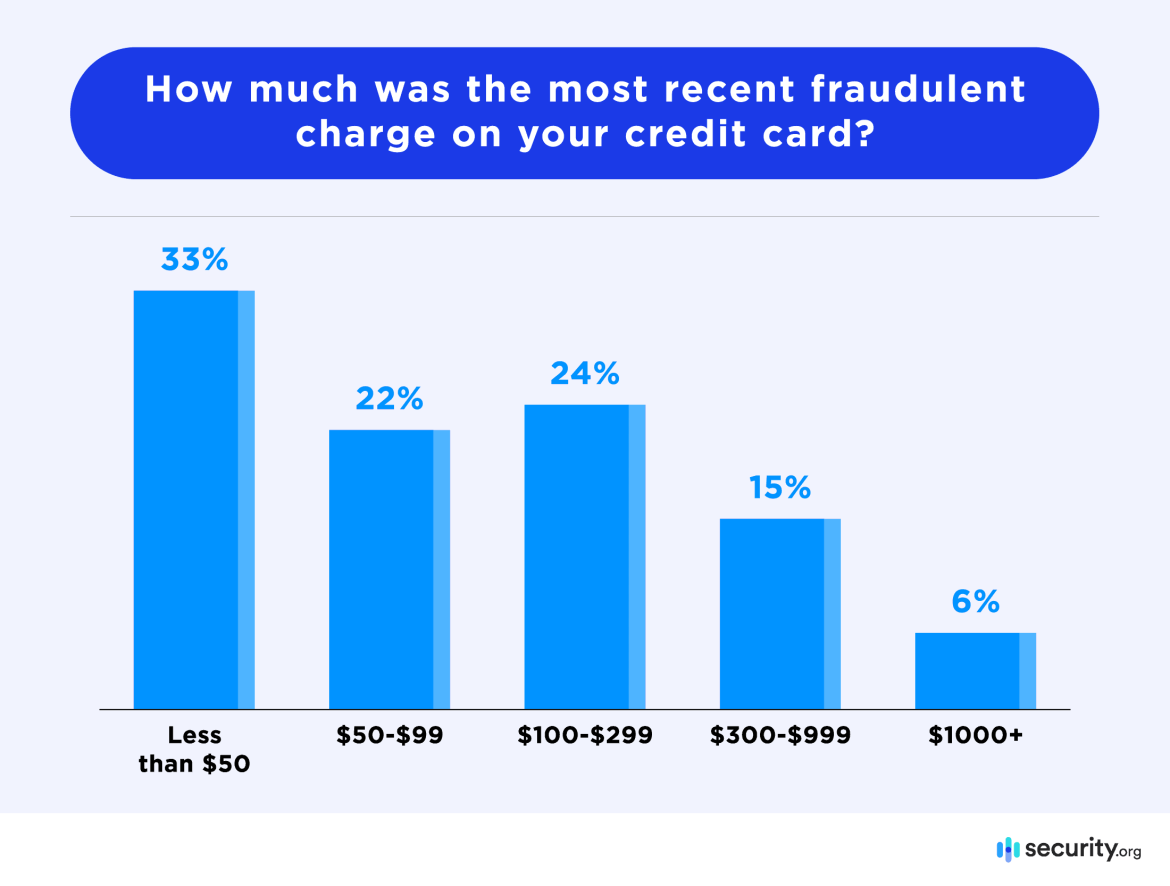Startling statistics from the Federal Trade Commission (FTC) reveal that U.S. adults experienced an unprecedented level of financial loss due to fraud in the past year. According to the latest data, American adults collectively lost nearly $10 billion to fraudulent activities, marking a record high for such financial scams.
The FTC’s data sheds light on the diverse range of scams that targeted unsuspecting victims across the nation. Among the prevalent schemes were fraudulent activities involving romance and deceptive investment opportunities. Americans found themselves entangled in scams that promised romantic connections or lucrative financial gains, only to result in substantial financial losses.
In addition to these common schemes, there was a notable surge in scams mimicking government services and officials. Fraudsters increasingly adopted tactics that impersonated government entities, preying on individuals who might be easily deceived by the appearance of authenticity. These scams ranged from fake government communications to misleading interactions with faux officials.
Furthermore, scams involving perpetrators posing as legitimate organizations gained traction in 2023. Major retailers and recognized entities became the façade for fraudulent activities, as attackers exploited the trust associated with these organizations to manipulate victims into financial loss.
Rising Threats and Targeted Areas
The data points to an alarming increase in the sophistication of scams, as fraudsters adapt their tactics to exploit vulnerabilities in various sectors. The prevalence of romance scams highlights the emotional toll and financial consequences of deceptive relationships, while investment scams underscore the need for heightened awareness in financial dealings.
Government-related scams indicate a concerning trend where criminals leverage public trust in official entities for their fraudulent activities. This not only jeopardizes individual finances but also erodes confidence in genuine government communications.
The mimicry of established organizations, such as major retailers, poses a substantial risk to consumers who may be less vigilant in scrutinizing communications from seemingly reputable sources. These scams often involve deceptive emails, messages, or phone calls that aim to extract sensitive information or financial contributions.
Combatting Fraud: Reporting to the FTC
As the threat of fraud continues to evolve, the FTC emphasizes the importance of reporting suspected scams promptly. Individuals who encounter fraudulent activities or suspect they have fallen victim to scams are encouraged to report such incidents to the Federal Trade Commission. Reporting helps authorities track emerging trends, investigate criminal activities, and raise public awareness to prevent further victimization.
In an era where digital communication and online interactions play a significant role in daily life, vigilance and awareness become critical tools in combating the rising tide of fraud.



